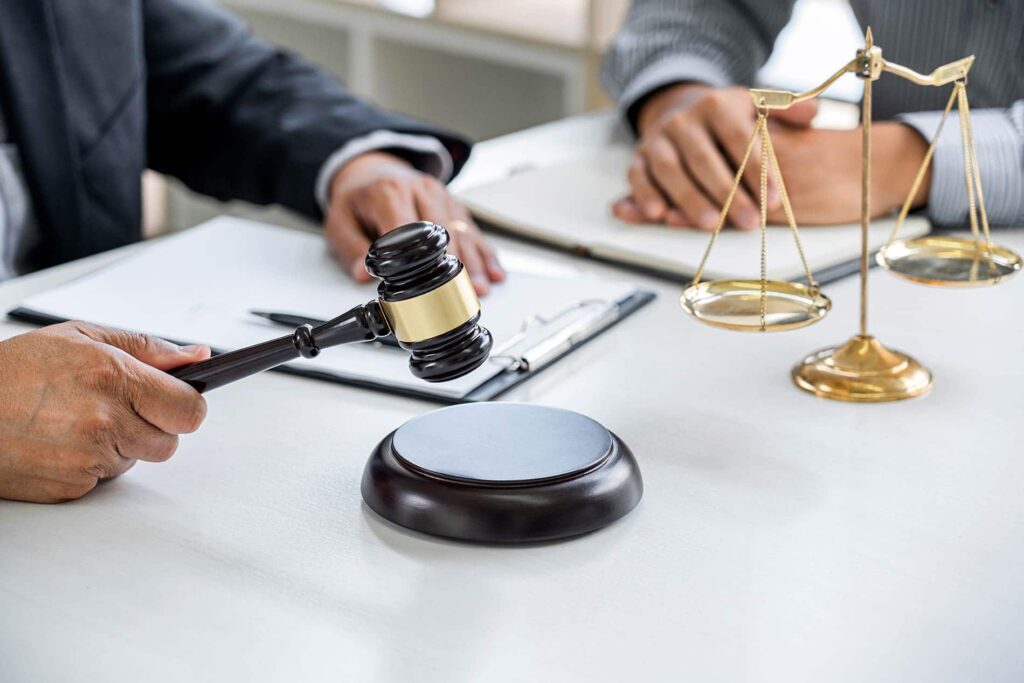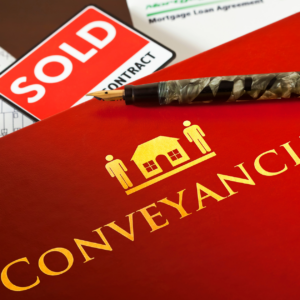Book Appointment Now

Leasehold Conveyancing – what you need to know
Conveyancing, for one, requires that you understand the kind of property you are dealing in. it may be a landed property, a house or a flat. For example, if you are purchasing a home, it could be on a leasehold with a defined number of years. Suppose you happen to be dealing with such a property. In that case, you must satisfy all the legal work that your conveyancing solicitor or professional conveyancer may involve. This article will discuss some essential properties and steps you should expect.
In terms of the leasehold conveyancing, you should learn what it is and how long it takes. In addition, the cost of conveyancing for leasehold properties is another important question. So, to begin with, let us define what leasehold conveyancing is. Then we can take the rest one step at a time.
What is leasehold conveyancing?
Leasehold conveyancing refers to the legal process of buying or selling leasehold property. The background is to recognize that there are often two types of home ownership – freehold and leasehold ownership. When a property is in freehold, it implies that one person or entity owns it and the land it stands on outrightly.
On the other hand, a property on a freehold implies that you have a lease from the seller to use the home. It takes a set number of years. Within those years, you will only have temporary ownership of the property. Therefore, leasehold ownership is different from the full benefit of owning the property yourself. It could be as many years as possible, but the common ones are usually between 90 and 99.
We have just given the layperson description of the leasehold ownership of a property and the involved conveyancing. Let us look at the legal side of conveyancing as regards buying a freehold property versus leasehold property.

Other things to note about leasehold conveyancing
When you are buy a property on leasehold, your conveyancing solicitor will have to examine the lease terms thoroughly. He follows all legal times and do the required work to ensure everything is in place to buy the property. Moreover, you must deal with the management company or the landlord who owns the property and their conveyancer.
This process usually takes time and may cost an extra amount before it is finalized. If you are unsure of a property to buy, freehold or leasehold, first check the kind of property it is. For instance, if you are offered a flat, a good guess is that it is a leasehold property. So, you need to ask a question and the right ones that can help you arrive at a safe destination. It does not matter the age of the building; it could still go either way.
As a matter of conviction, you may want to work on the real estate agent’s materials. These materials can confirm the tenure of the lease on the property. From the beginning, ask questions about the position of the conveyancer in the process. Meanwhile, the government also makes it more accessible for home buyers to deal with leasehold systems. Otherwise, the complexities and issues with these properties may discourage many investors.
What is a lease?
A lease is a document between a leaseholder, the person trying to own the property, and a freeholder or landlord. When your conveyancer receives the memorandum of sale from the real estate agent, he gets a copy. Also, the lease may allow the leaseholder to have a limited right to occupy the property for that period. However, it may be subject to some agreed conditions.
You must also ensure all the parties have a copy of the lease agreement and comply with the terms. It may also state some of your property rights and obligations, which you must perfectly understand. If needed, your conveyancing solicitor may also need to supply you with the report on title. Other items include the summary of the main clauses of the lease. On a general note, some everyday obligations that may be included are
- Paying ground rent
While attempting to buy a property on a leasehold conveyancing, you may have to pay an initial fixed amount as ground rent. However, this process include a clause which allows the landlord to raise the rent of the property in subsequent years. Then, this year, government authorities have banned the payment of ground rent on newly built homes put up for leasehold.
- Service charges
The service charges cover all the costs the property’s landlord has incurred in the building maintenance each year. For example, it may include the cost of communal area cleaning and fixing the property’s roof. On the other hand, it may consist of the cost incurred by the management company.
- Future work
The future work is a prepared fund for the future of the property. It’s a service charge that may give room for sinking funds at the end of the property maintenance and improvements. It may also cover community projects in the area that involves the property.
- Administrative charges
The Management Company, entity or individual serving as the freeholder may add some extra levy on the administrative charges. As a result, the amount you are meant to pay increases. However, this process may be subject to asking the owner to do anything they can connected to securing the home. For instance, you may also request that the leasehold properties be replied to. In other cases, your lease is the key to unlocking the responsibilities of the freeholder.
Responsibilities of a Freeholder during Conveyancing
Specific responsibilities are peculiar to the freeholder when buying a home on a leasehold conveyancing. These include
- The maintenance of the building structure
- The arrangement and activation of the building insurance
- Ensuring the exterior of the common areas is in perfect condition.
Above are the essential duties of a freeholder during the process of conveyancing that helps to complete a secure process. However, there may be other minor activities that the conveyancer can take if it helps to achieve better results. If you need any help with any of these processes, you can ask questions.



